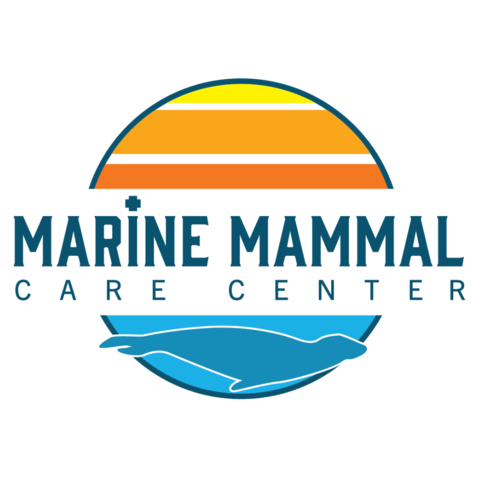Public Vigilance Needed as Sea Lions and Dolphins Die and Strand in High Numbers in Wake of Toxic Algal Bloom Across SoCal Beaches
Public Vigilance Needed as Sea Lions and Dolphins Die and Strand in High Numbers in Wake of Toxic Algal Bloom Across SoCal Beaches
Marine Mammal Care Center Has Rescued 47 Sea Lions with Domoic Acid in Just Two Weeks, Urges Public to Stay Away
LOS ANGELES--(BUSINESS WIRE)--The rapid growth of harmful algae along parts of the Southern California Coast is suspected to be the cause of death and stranding for scores of California sea lions and dolphins throughout Los Angeles County as the Marine Mammal Care Center (MMCC) scrambles to respond.
The organization, which rescues and rehabilitates marine mammals along the coastline from Malibu to Seal Beach, has seen rescue numbers leap from none to more than 47 in the past two weeks and anticipates that the trend will continue.
“The Center is dealing with an enormous increase in reports of marine mammals in distress each day,” said John Warner, CEO of the Marine Mammal Care Center based in San Pedro. “We are doing the best we can to keep up with the intense pace, and, if history is any indication, we can expect to see anywhere from 75 to 150 animals in need of rescue over the next four to six weeks.”
Above all, Warner urged members of the public to continue to report all sick and injured marine mammals by calling the MMCC Rescue Hotline at 1 (800) 39-WHALE and to stay away from any animals they discover on the beach.
“It is important for the public to know that animals who have ingested domoic acid (DA) pose a very serious public health and safety risk,” he said. “Adult seals and sea lions with DA can present in unpredictable ways, including increased aggressiveness or lethargy and unresponsiveness. Please keep your distance from animals you see on the beach and immediately call us if you suspect an animal is in distress.”
Waters off the coast of California are experiencing toxic algal blooms. This algae produces a neurotoxin called domoic acid, which accumulates in fish such as sardines, anchovies, and squid. The toxin then transfers to predators such as sea lions and birds that prey on the fish — causing seizures, brain damage, and sometimes death. According to the National Oceanic Atmospheric Administration (NOAA), domoic acid, a harmful algal toxin, is one of the foremost threats to marine animals.
Sea lions with domoic acid often suffer from seizures, dehydration, severe vomiting, aggressive behavior or lethargic unresponsiveness, miscarriages, and even death. Treatment for patients with DA involves keeping animals hydrated with fluids given subcutaneously or orally, administering anti-seizure medication, and supporting them nutritionally.
The public should be aware of how to identify the neurological symptoms in marine mammals, like an unusual side-to-side head movement or their heads extended back for long periods of time. Many female sea lions are pregnant this time of year and may give birth in public places far from their normal rookeries.
Not surprisingly, the massive increase in distressed animals reported to MMCC is putting strains on resources as the Center continues to deal with the many immature animals already in its care following the annual pup season this spring. Dealing with the current event is likely to cost the non-profit organization more than $250,000.
The Center is the only year-round hospital for marine animals in Los Angeles County, and close to 10,000 animals have been rehabilitated by its dedicated team of staff and volunteers since 1992. A non-profit 501(c)3 organization, MMCC depends on grants and individual contributions to meet the needs of marine mammal patients. Donations can be made at: https://marinemammalcare.org/donate/
Again, please report any animals in need of rescue to the MMCC Rescue Hotline at 1 (800) 39-WHALE.
Contacts
Geoff Maleman
gmaleman@vectisstrategies.com
310.753.6460 (m)
